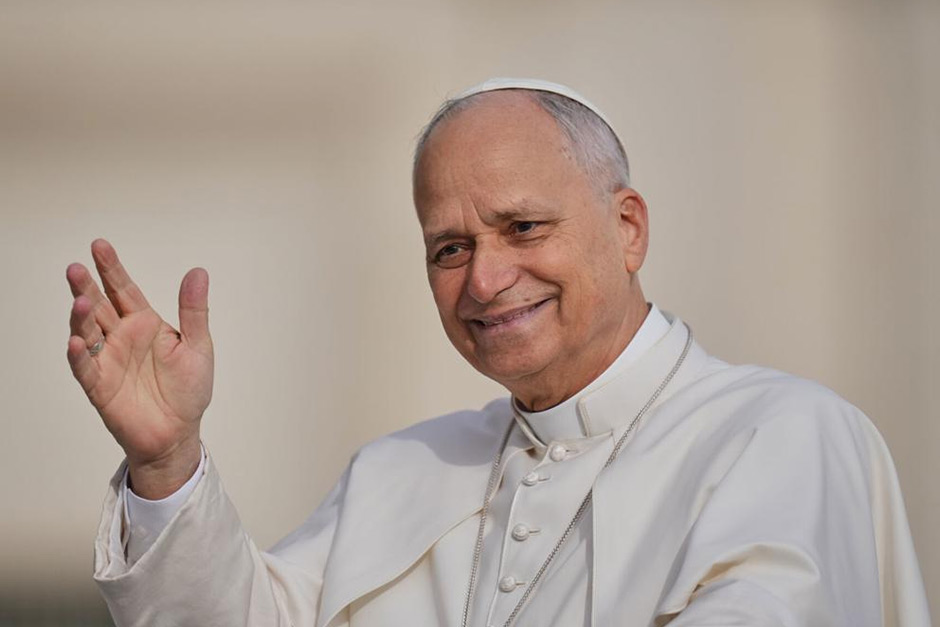The anticipation surrounding Pope Leo XIV’s inaugural foreign trip to Turkey and Lebanon is palpable, not just within Catholic circles but across global media and diplomatic communities. This journey marks a significant moment early in his pontificate, and it’s set to unfold under the glare of intense media scrutiny. Every gesture, every word, and every meeting will be meticulously analyzed, not only for its immediate impact but for what it signals about the direction of his papacy.
The choice of Turkey and Lebanon as his first international destinations is itself deeply symbolic, highlighting regions rich in history, religious diversity, and contemporary geopolitical complexities. As the Pope embarks on this high-stakes visit, observers worldwide will be watching to see how he navigates these intricate landscapes.
Navigating Complex Interfaith and Geopolitical Landscapes
The journey to Turkey and Lebanon presents distinct, yet interconnected, challenges and opportunities for Pope Leo XIV. Turkey, a secular state with a predominantly Muslim population and a deep historical connection to early Christianity, offers a platform for interfaith dialogue but also carries geopolitical sensitivities. Relations between the Vatican and Ankara have historically seen moments of both warmth and tension, making the Pope’s approach crucial.
Lebanon, often referred to as the “Switzerland of the Middle East” due to its unique confessional system and diverse religious mosaic, holds particular significance. It is home to a substantial Christian population, alongside various Muslim communities, and currently grapples with profound economic and political instability. The Pope’s presence there will undoubtedly be seen as a message of solidarity and hope, but it also means he will be stepping into a deeply fragmented environment where any perceived misstep could be amplified.
This trip isn’t merely a pastoral visit; it’s a diplomatic tightrope walk where the Pontiff must carefully balance messages of peace and reconciliation with the need to address pressing issues. “Every papal trip to the Middle East is a high-wire act, but this one, being the first for Pope Leo XIV, carries an added weight,” notes Dr. Anya Sharma, an observer of Vatican foreign policy. “He’ll be tested on his ability to connect with diverse communities while affirming the Church’s values in a region that’s both cradle and crucible for major faiths.”
Beyond the Pulpit: A Global Lens on Papal Diplomacy
The media scrutiny will extend far beyond the formal addresses and religious ceremonies. Journalists will be keen to observe Pope Leo XIV’s interactions with political leaders, local religious figures, and ordinary citizens. His unscripted moments, his reactions to difficult questions, and the subtle nuances of his body language will all contribute to the emerging narrative of his papacy.
Key areas of focus will include his stance on human rights, particularly the rights of religious minorities in the region, and his advocacy for peace and stability amidst ongoing conflicts. His engagement with the refugee crisis, a deeply personal issue for many in both Turkey and Lebanon, will also be under intense watch. The world will be listening for strong statements on interfaith harmony, but also for concrete calls to action regarding humanitarian aid and the protection of vulnerable populations.
Furthermore, this trip will offer insights into Pope Leo XIV’s diplomatic style. Will he be a confrontational voice, a quiet mediator, or a blend of both? His ability to forge connections, express empathy, and articulate a compelling vision for a shared future will be critical. This first foreign venture will set a tone, not just for his engagement with the Middle East, but for how his papacy will be perceived on the global stage.
In conclusion, Pope Leo XIV’s maiden foreign voyage to Turkey and Lebanon is far more than a routine pastoral visit. It is a critical diplomatic mission, a test of his leadership, and a profound symbolic journey that will be dissected by media outlets, political analysts, and religious communities worldwide. The intensity of the scrutiny reflects the high stakes involved and the immense expectations placed upon the leader of the global Catholic Church as he steps onto one of the world’s most complex stages.




